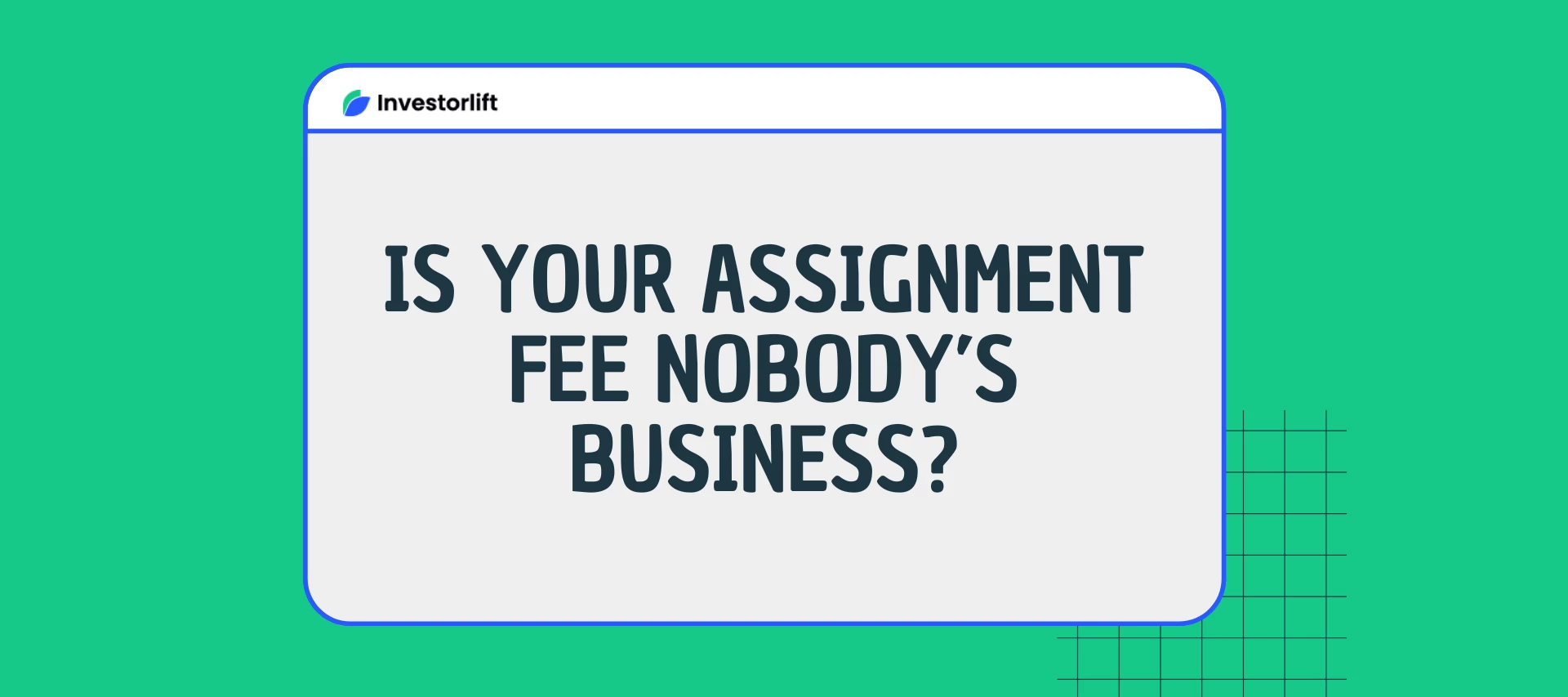Hi community!
Let’s be real, this one's gonna hit a nerve.
Wholesalers have made $30K+ spreads on deals where the seller walked away with pennies… and the buyer had no idea.
Is that just good business - or is it borderline scammy?
🗣Some say:
“If I find the deal, I earn the spread. That’s entrepreneurship.”
🗣Others argue:
“When you’re making more than the seller, and they don’t even know… that’s dirty.”
❓So we’re asking:
-
Should wholesalers be legally required to disclose their assignment fee?
-
Does hiding your fee damage the trust buyers and sellers have in our entire industry?
-
Are big spreads justified, or just taking advantage of distressed people?
-
If you’re proud of your number, why hide it?
Here’s the harsh truth:
The more wholesalers operate in the dark, the more lawmakers, agents, and the public push to shut us down.
⚖️ So where’s the line between smart negotiation and shady business?
💬 Comment below. Defend your side. Call out the BS. Let's get into it.





